detail profile juliana cuervos
Peran Yang Di Mainkan Juliana Cuervos
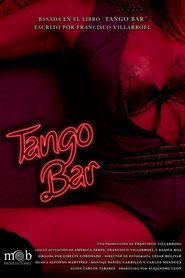 A young woman travels abroad trying...
A young woman travels abroad trying...Tango Bar 2024
A young woman travels abroad trying to realize her dream of being a model, but there she is deceived and subjected to prostitution at the Cabaret Tango Bar, where she experiences the horrors as a victim of a sex trafficking network.
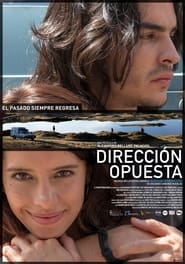 Eugenia 30 is torn between fulfilling or...
Eugenia 30 is torn between fulfilling or...Opposite Direction 2020
Eugenia, 30, is torn between fulfilling or not a promise made 13 years ago to Luis, his brief and tragic teen love.
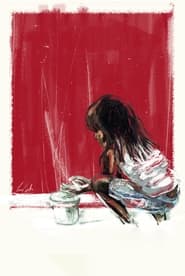 Roberto is a middle class working...
Roberto is a middle class working...Harina 2018
Roberto is a middle class working professional trying to survive hyperinflation amid the Venezuelan crisis while maintaining his unemployed mother. An argument breaks out when she asks him to buy flour for her birthday cake. In an effort to make amends, he resorts to the black market to buy the scarce food, but gets caught in the violent looting of a market.
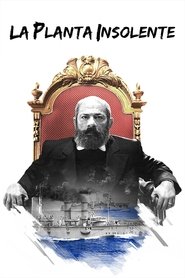 The film reproduces the historical moment...
The film reproduces the historical moment...La planta insolente 2017
The film reproduces the historical moment when Cipriano Castro, then president of Venezuela, proclaimed: "The insolent plant of the foreigner has desecrated the sacred soil of the fatherland!" While the coasts were invaded by imperial forces in 1902.
 Adolescent and from a modest neighborhood...
Adolescent and from a modest neighborhood...Breach in the Silence 2013
Adolescent and from a modest neighborhood, Ana has spent her years in front of a sewing machine, working to support her two younger brothers and silently enduring the abuse of a pervert stepfather and an indifferent mother. Her hearing impairment has made marginalized her in a world that refuses to listen to her, becoming her in an object of use of who are around her. Unable to resign herself that her brothers will suffer the same fate, Ana decides to save them, embarking on a trip to freedom.
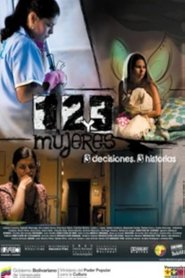 1 2 y 3 Mujeres addresses the issue of...
1 2 y 3 Mujeres addresses the issue of...1, 2 y 3 Mujeres 2008
1, 2 y 3 Mujeres addresses the issue of women and their relationship with their social and geographical environment from different perspectives and aesthetic proposals through the stories of Eloína, Rosario and Gregoria. Eloína shows the greatness and value of assuming certain positions in the role of mother. Rosario exposes the experience of candor to the woman in the context of loneliness and Gregoria shows weakness versus strength and impetus in decision making to guarantee emotional stability.
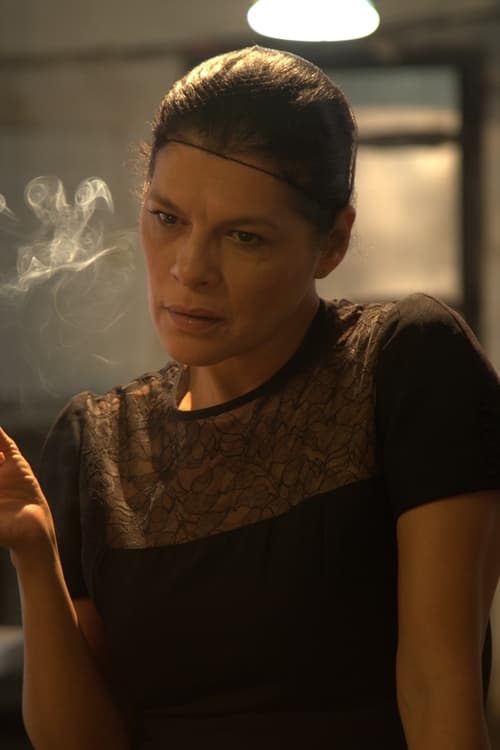
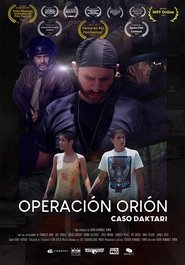 This fiction film It tells the...
This fiction film It tells the... Helena faces her sister in a...
Helena faces her sister in a...